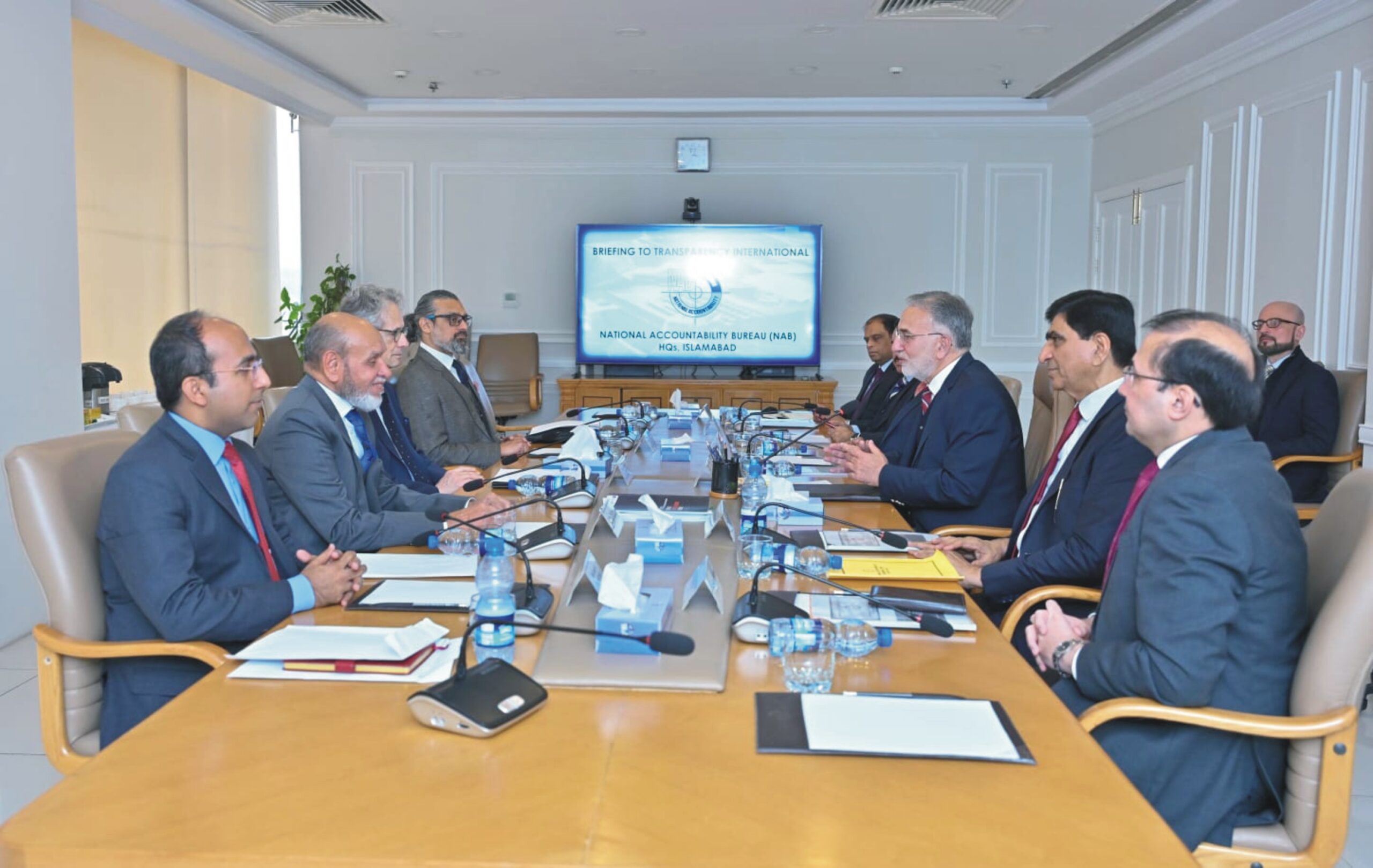 ISLAMABAD, June 19, 2021—The World Bank’s Board of Executive Directors approved $442 million on Friday in financing to support Pakistan in improving access to water and sanitation services for the most vulnerable rural communities in Punjab province.
ISLAMABAD, June 19, 2021—The World Bank’s Board of Executive Directors approved $442 million on Friday in financing to support Pakistan in improving access to water and sanitation services for the most vulnerable rural communities in Punjab province.
The Punjab Rural Sustainable Water Supply and Sanitation Project (PRSWSSP) will help upgrade water supply and sanitation infrastructure and services that ensure equitable and sustainable access to drinking water and safe wastewater management. The project prioritizes rural settlements, where water contamination and poor sanitation practices are more prevalent, causing high levels of illness and child stunting.
“PRSWSSP will help more than six million rural residents in the poorest districts of Punjab to reduce child stunting and address areas at high risk to droughts and water scarcity,” said Najy Benhassine, World Bank Country Director for Pakistan. “The World Bank is committed to the government in improving sustainable water resource management. This project will support investments that increase climate resilience, including flood protection, rainwater harvesting and water conservation in these districts.”
The project will implement tailored, cost-effective solutions for both large and small rural settlements, using scalable technologies that help facilitate solid and animal waste management at the household and community levels. It will also establish a water-quality monitoring system to ensure compliance with national standards for drinking water and wastewater. The PRSWSSP will promote safe water handling, hygiene, and water conservation practices at the household level, with a focus on maternal, newborn and child health.
“The project is expected to yield substantial benefits to rural communities. It will help improve health outcomes by reducing water borne illnesses and ensure service quality and customer care through a financially sustainable public company,” said Farhan Sami, Task Team Leader for the project.
The project will cover 16 districts, with 50 percent of districts drawn from south Punjab, and 25 percent each from central and north Punjab, benefiting 2,000 villages and more than six million people in rural areas. It will also provide training of village councils and community caretakers, which will have complementary responsibilities for operations and maintenance, monitoring and evaluation, and customer service.
“Child stunting is endemic and a huge constraint on Pakistan’s potential,” said Ghazala Mansuri, co-Task Team Leader for the project. “It impacts a child’s cognitive development and immune system, reducing educational attainment, making illness more likely, and leading to lower productivity and income. Its effects are inter-generational, transmitted from parent to child. This project would provide the template for a transformational shift in human capital accumulation since it addresses all the determinants of stunting.”
The project design was informed by a 2018 flagship report, When Water Becomes a Hazard : A Diagnostic Report on The State of Water Supply, Sanitation and Poverty in Pakistan and Its Impact on Child Stunting, that examined linkages in Pakistan between water and sanitation services, and child stunting. This study also supported environmental sustainability and the need to provide information and support behavioral change in poor rural communities to reduce health risks.







